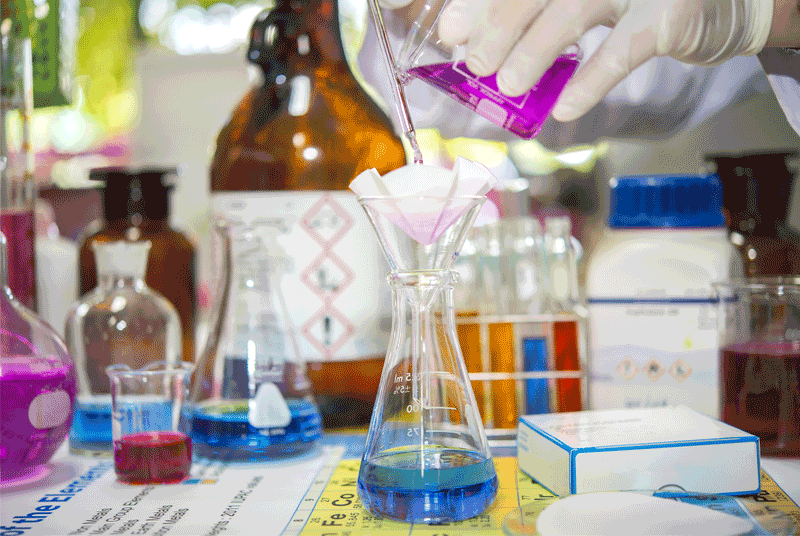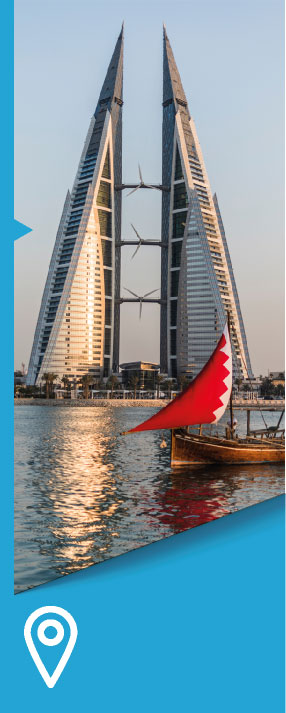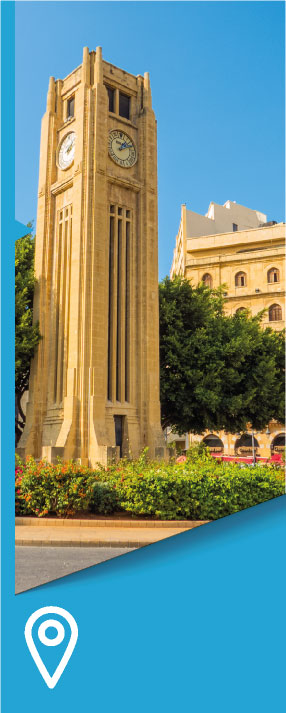Hotel Meeting Room
Hotel Meeting Room

Chemical, Mechanical Engineering Training Courses


Chemical, Mechanical Engineering Training Courses
Hotel Meeting Room
Hotel Meeting Room Amman
Amman
Classroom
Overview ?
Welding is a common and a very important joining process in most industries, and of particular importance in the chemical, oil and gas industries, including for example, pipelines and storage tanks.
This 5-day training programme aim to provide the fundamental principles of welding and welding techniques, helping participants recognise various welding processes.
The course combines presentations and discussions of topics covered with relevant examples. It combines knowledge of fundamental principles related to welding processes, methods, and applicable standards and best industry practices and enforces learning with Question & Answer sessions to maximise the benefits to the participants.
Videos and computer simulation will be presented to emphasise relevant applications Relevant case studies will also be included.
Participants will be provided with comprehensive course notes and copies of presentation material that will be very valuable for detailed study and future reference.
Day 1
Asset Cost Management Introduction
Definitions of reliability, maintenance & asset management
The total cost of maintenance
Best practice reliability and maintenance processes
Elements of asset management best practice
Auditing performance
Overview of TPM, RCM, BCM, QCM, and other asset management buzzword
Open discussion sessions
Day 2
Laying the Groundwork
Definitions of reliability, maintenance & asset management
The total cost of maintenance
Best practice reliability and maintenance processes
Elements of asset management best practice
Auditing performance
Overview of TPM, RCM, BCM, QCM, and other asset management buzzword
Open discussion sessions
Day 3
Applying the Value based Process
Definitions of reliability, maintenance & asset management
The total cost of maintenance
Best practice reliability and maintenance processes
Elements of asset management best practice
Auditing performance
Overview of TPM, RCM, BCM, QCM, and other asset management buzzword
Open discussion sessions
Day 4
Ensuring the Continuity of the Value-based Process
Definitions of reliability, maintenance & asset management
The total cost of maintenance
Best practice reliability and maintenance processes
Elements of asset management best practice
Auditing performance
Overview of TPM, RCM, BCM, QCM, and other asset management buzzword
Open discussion sessions
Day 5
Supporting Process that Lower Life-cycle costs
Definitions of reliability, maintenance & asset management
The total cost of maintenance
Best practice reliability and maintenance processes
Elements of asset management best practice
Auditing performance
Overview of TPM, RCM, BCM, QCM, and other asset management buzzword
Open discussion sessions
Training Methodology
Pathways Training and consulting adopts the newest techniques of human resources Training and consulting and, with the following:
Course name
Duration
City
Price
Welding Technology
19, Oct 2025 23, Oct 2025
Kuwait
3250$
Welding Technology
26, Oct 2025 30, Oct 2025
DUBAI
3450$
Welding Technology
03, Nov 2025 07, Nov 2025
Kuala Lumpur
3750$
Welding Technology
09, Nov 2025 13, Nov 2025
Amman
3250$
Welding Technology
16, Nov 2025 20, Nov 2025
Marrakesh
3450$
Welding Technology
23, Nov 2025 27, Nov 2025
Sharm ElShaikh
3250$
Welding Technology
30, Nov 2025 04, Dec 2025
Doha
4000$
Welding Technology
07, Dec 2025 11, Dec 2025
Casablanca
3450$
Welding Technology
14, Dec 2025 18, Dec 2025
Riyadh
3250$
Welding Technology
14, Dec 2025 18, Dec 2025
Khobar
3250$
Welding Technology
22, Dec 2025 26, Dec 2025
Istanbul
3450$
Welding Technology
28, Dec 2025 01, Jan 2026
Riyadh
3250$

View course

View course

View course

View course

View course

View course